Pasi Lautala (CEGE/MTTI) is the principal investigator (PI) on a project that has received a $380,705 other sponsored activities contract from the Federal Railroad Administration.
The project is titled “Railroad Crossing Vehicle Warning (RCVW) Application Demonstrations with Connected Vehicles.”
Kuilin Zhang (CEGE/MTTI/ICC-CPS) and John Velat (CEGE/MTTI) are co-PIs on this potential two-year project.
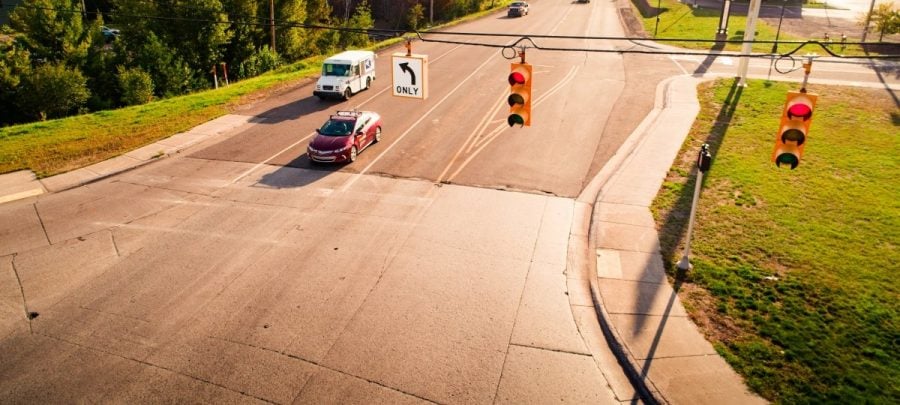

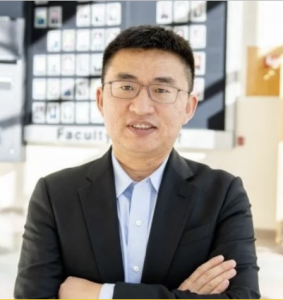
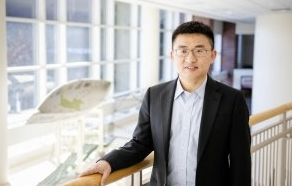
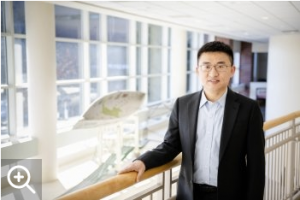
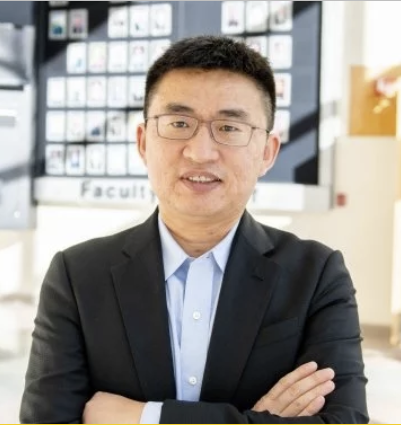 Kuilin Zhang’s (CPS/CEE) research on transportation planners was the subject of a story covered in Auto World News titled, “Filling in the gaps of connected car data helps transportation planners,” which was published on May 6, 2019.
Kuilin Zhang’s (CPS/CEE) research on transportation planners was the subject of a story covered in Auto World News titled, “Filling in the gaps of connected car data helps transportation planners,” which was published on May 6, 2019.